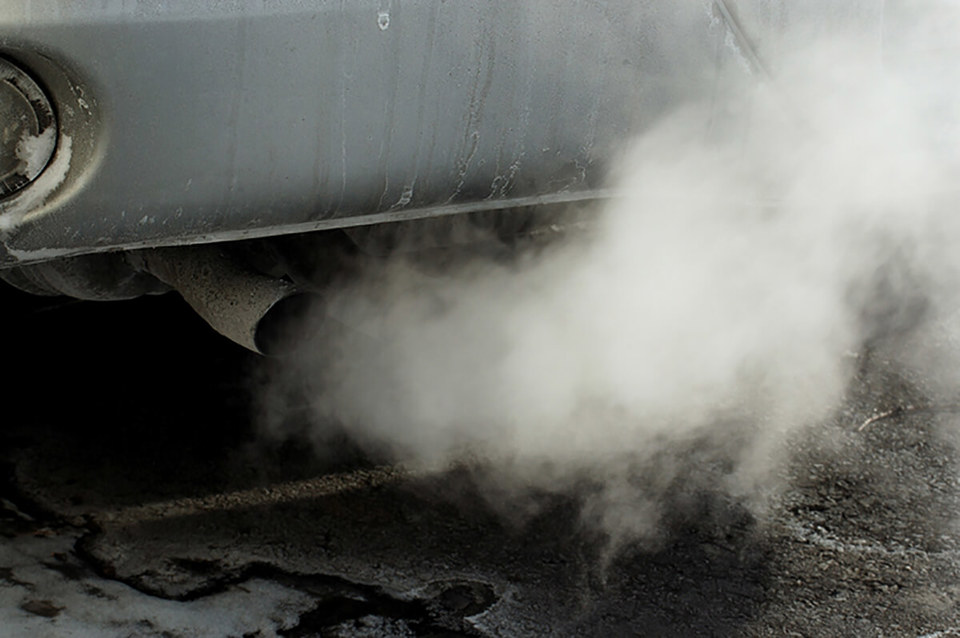The Vehicle Certification Agency (VCA) has updated the environmental label for new cars to highlight which models will be hit by diesel tax supplement rises this month.
From April 1, any new diesel company car will attract a 1% increase in benefit-in-kind (BIK) tax, unless it meets the latest Euro 6d standard (RDE2). Vehicle Excise Duty (VED) will also increase by one band for new models that fail to meet the standard (no cars do to date).
The new label, which went live last month, identifies which of the three current emissions standards (Euro 6c, Euro 6d Temp and Euro 6d) the car meets and whether the diesel tax supplement will be payable.
Further changes to the label are proposed for April 2020, when taxation will switch from NEDC (New European Driving Cycle) emissions to WLTP (Worldwide harmonised Light vehicle Test Procedure) figures.
Until this time, there is no requirement for manufacturers to publish WLTP test data, but this could have a significant impact for fleets and company car drivers when the tax rules are changed.
“Fleet managers need to be fully aware of the potential threats of not having these data now,” said Stewart Whyte, director of Fleet Audits. “They should start badgering their suppliers – be it a leasing company, a dealer or a manufacturer, to get these data out there so that policies can be planned in good time.
“It will also allow HMRC to set proper revised thresholds and limits for CO2 translating into the relevant percentages.”
The Low Carbon Vehicle Partnership (LowCVP) had an integral role in developing the new label. LowCVP director Andy Eastlake told Fleet News: “The label features the official figure and we want to make it clear to consumers that the figure presented is the one their taxation is based on now.
“We think WLTP data should be available but it should be presented somewhere else (rather than the label). We are working to see how this data can be presented in a common format.”
New car models are already being tested under WLTP and all existing models must be re-tested by September this year. However, the resulting CO2 figures are being converted to an NEDC equivalent, meaning fleets don’t know what the future tax implications of a vehicle will be.
Whyte added: “There are three major tax issues hanging on this data – BIK implications, VED implications and Corporation Tax CO2 thresholds – all of which need to be embedded into company policies in good time.
“There are only two years to go until this starts to hit people in the pocket and companies on the balance sheet.”
The Treasury has not yet defined how future taxation will be changed as a result of WLTP.
“What we do know is that the bands will have to change,” said Eastlake. “Treasury has said it will look to transfer the existing numbers to a WLTP-based regime.”
Eastlake confirmed there is a commitment to re-align taxation with the new WLTP CO2 figures but that still leaves a conundrum for how to tax vehicles that ended production before the WLTP deadline.
“WLTP figures should be available for every new vehicle from September this year,” continued Eastlake.
“Once we have that data we can look at what levels we need to set the taxation bands around to make sure vehicles slot into the same tax bands as they were before. At the moment, we have so little data, we can’t make a fair prediction of what those figures should be.”
A consultation document from the Department for Transport (Road Vehicles: Improving Air Quality and Safety) suggests that mpg data derived from WLTP testing should be published by January 2019.
Eastlake said: “Ultimately we are working to a schedule to revise the label for January 2019. The label will change in two steps – real world mpg first then, when the taxation changes in 2020, we will change the CO2 and tax bandings.”
In response to the consultation, Whyte said: “It is essential that the data is provided by September 2018.”
He told Fleet News: “The data has to be available by law – anything that is new since September last year has to have WLTP fuel consumption data, so let’s get it published.”























Tea Party - 10/04/2018 09:09
A taxation system for cars which don't exist - two months badgering suppliers, directed to web sites where I can pay to obtain a Certificate of Conformity which doesn't actually state the information I am after